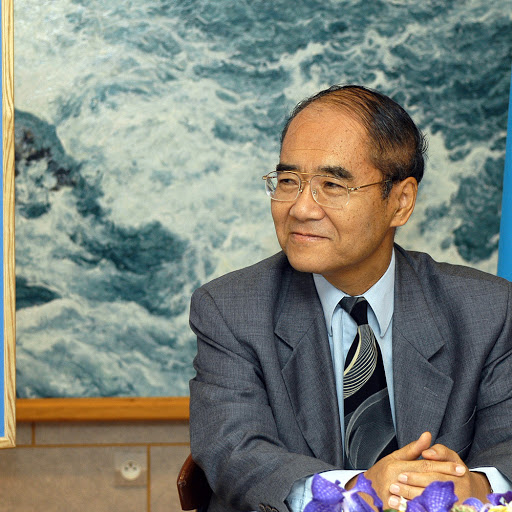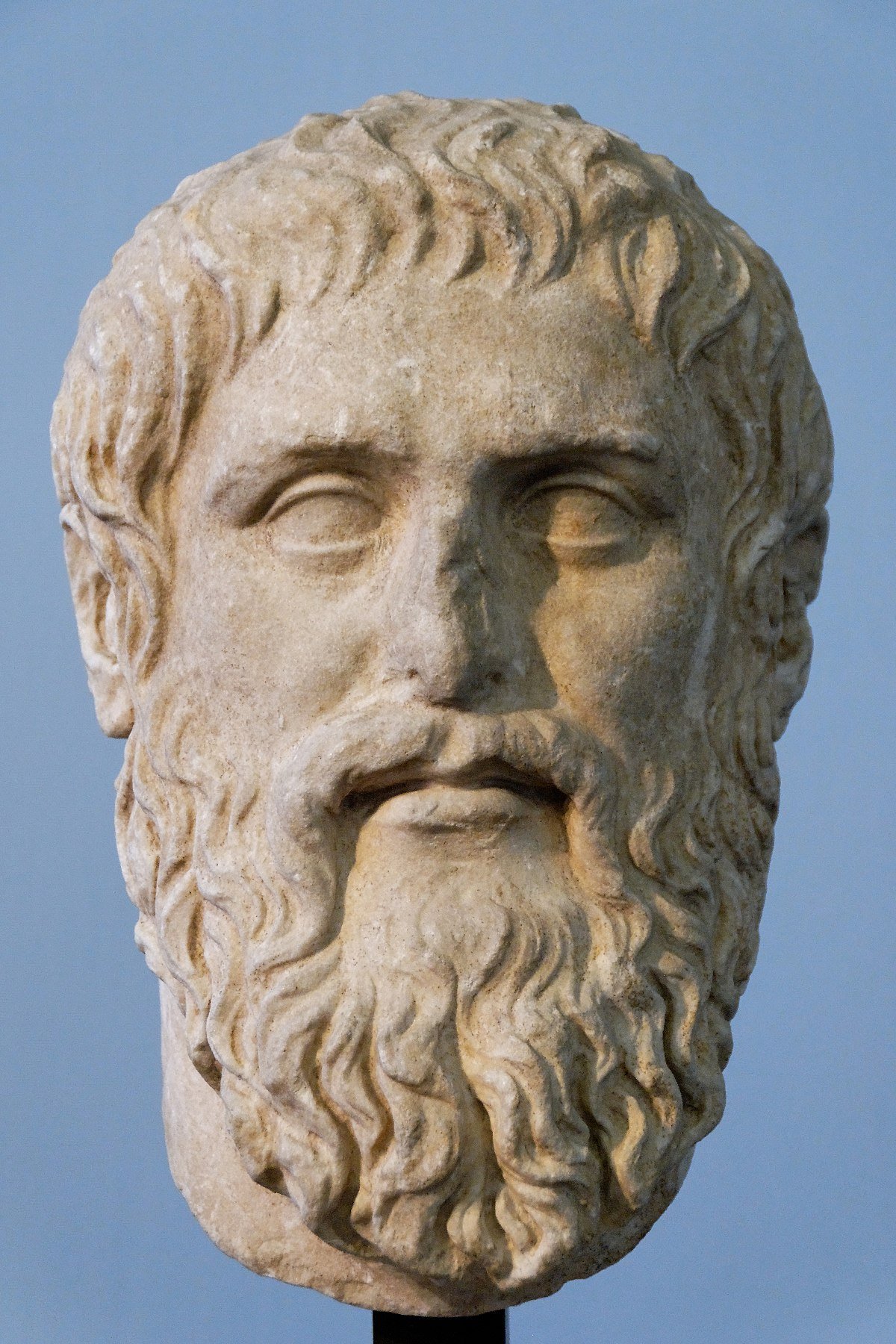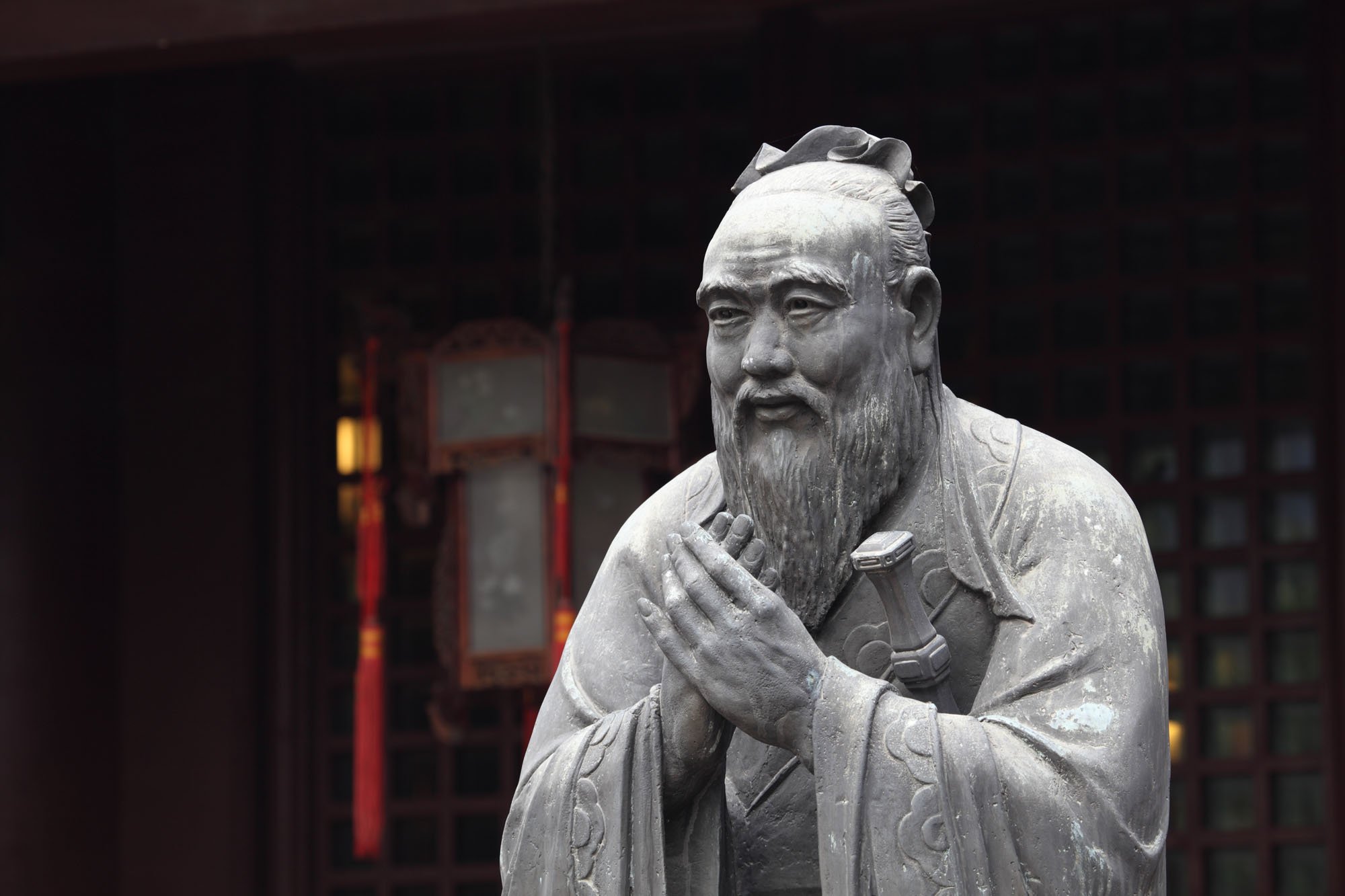Adopted by UNESCO in December 1960, The Convention against Discrimination in Education is at the forefront of UNESCO standard-setting instruments in education as the first instrument which covers the right to education extensively.
By becoming a State party to the Convention, the UK agrees to the idea that education is not a luxury, but a fundamental right and is obliged to promote equality of opportunity in education.
Despite being 60 years old, the Convention is still recognized today under modern international law. It has enjoyed renewed momentum in recent years, particularly as it underpins the Sustainable Development Agenda, particularly in regard to SDG4: Ensure inclusive and equitable quality education and promote lifelong learning opportunities for all.
The Convention expresses the fundamental principle of equality of educational opportunities, enshrined in the Constitution of UNESCO, making it an integral part of UNESCO’s activities in the field of education across the world. Inextricably linked to this concept is the principle of non-discrimination; the Convention prohibits discrimination in education based on any distinction, exclusion, limitation or preference: ‘race, colour, sex, language, religion, political or other opinion, national or social origin, economic condition or birth’.
The convention also provides for the parental choice of education and freedom in Education. This allows parents to choose their children’s education in conformity with their moral philosophy or religion, and to select teaching using their own language.
To underpin its importance, the Convention has been cited in landmark decisions by law courts – in the USA, India, South Africa and several European countries. In addition, the frequency by which its main elements are mentioned in other instruments relating to education adopted by the United Nations also speaks volumes to the significance of the Convention in international education policy.



















